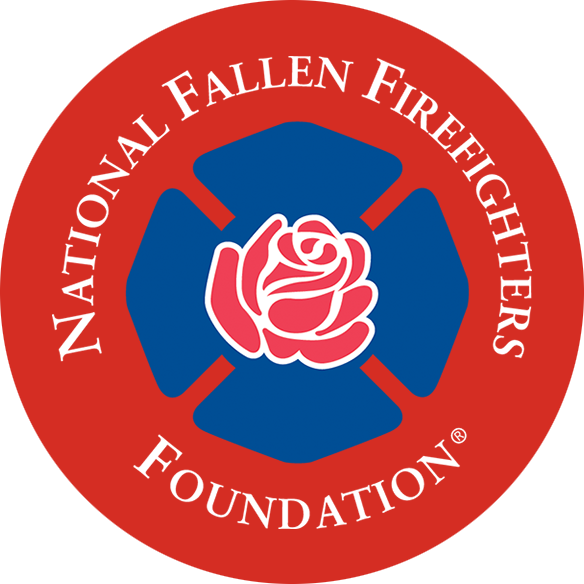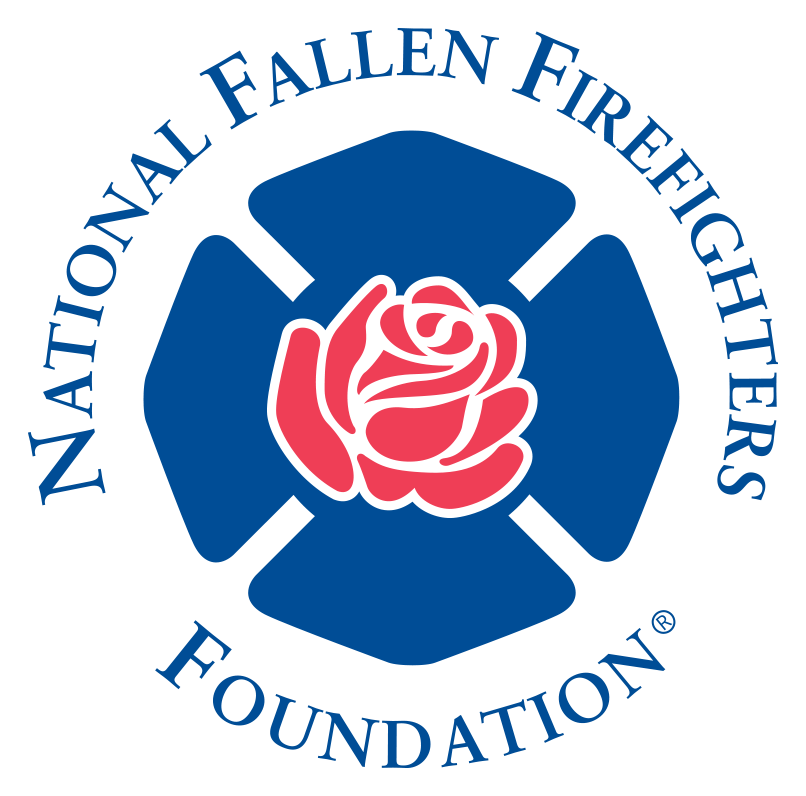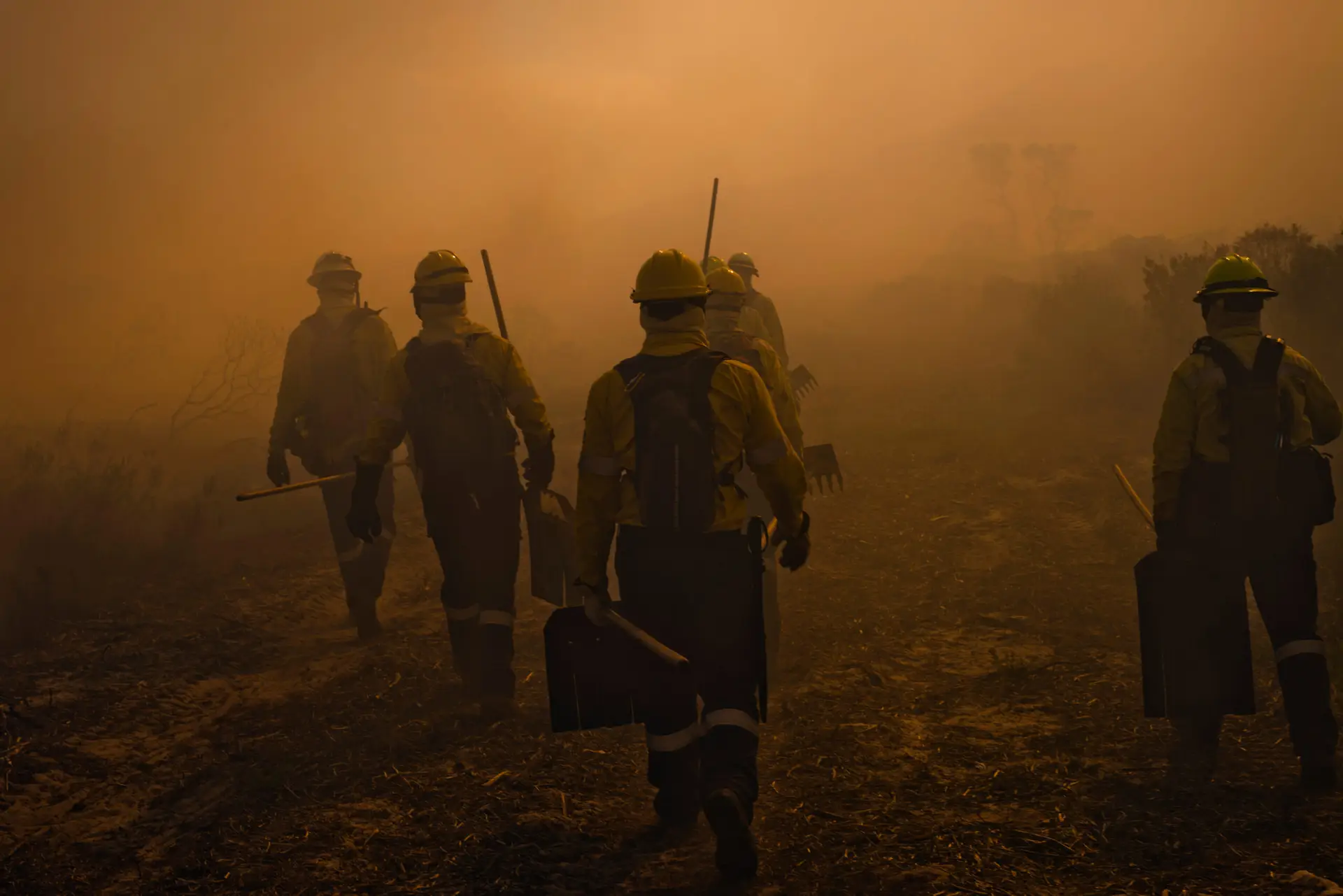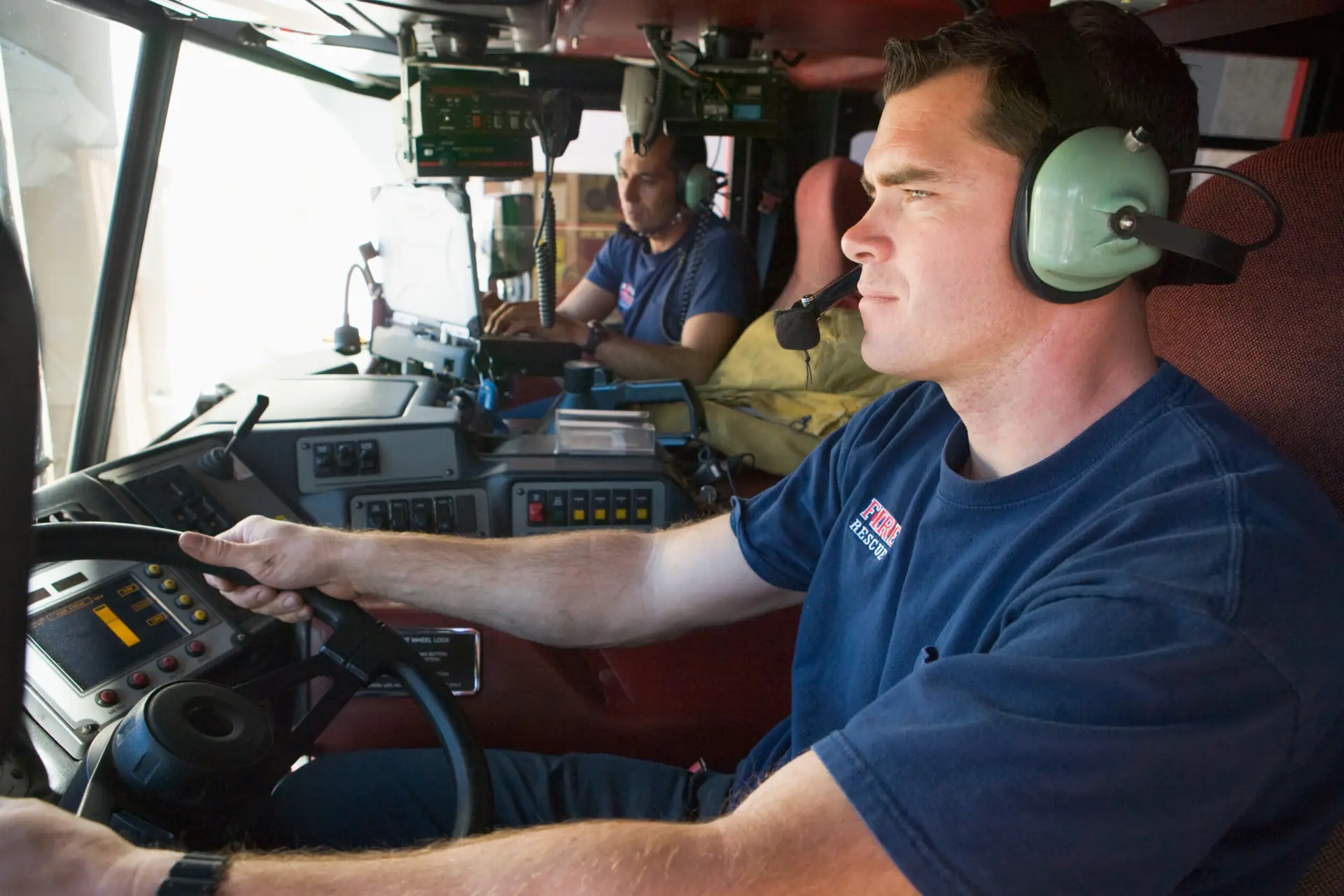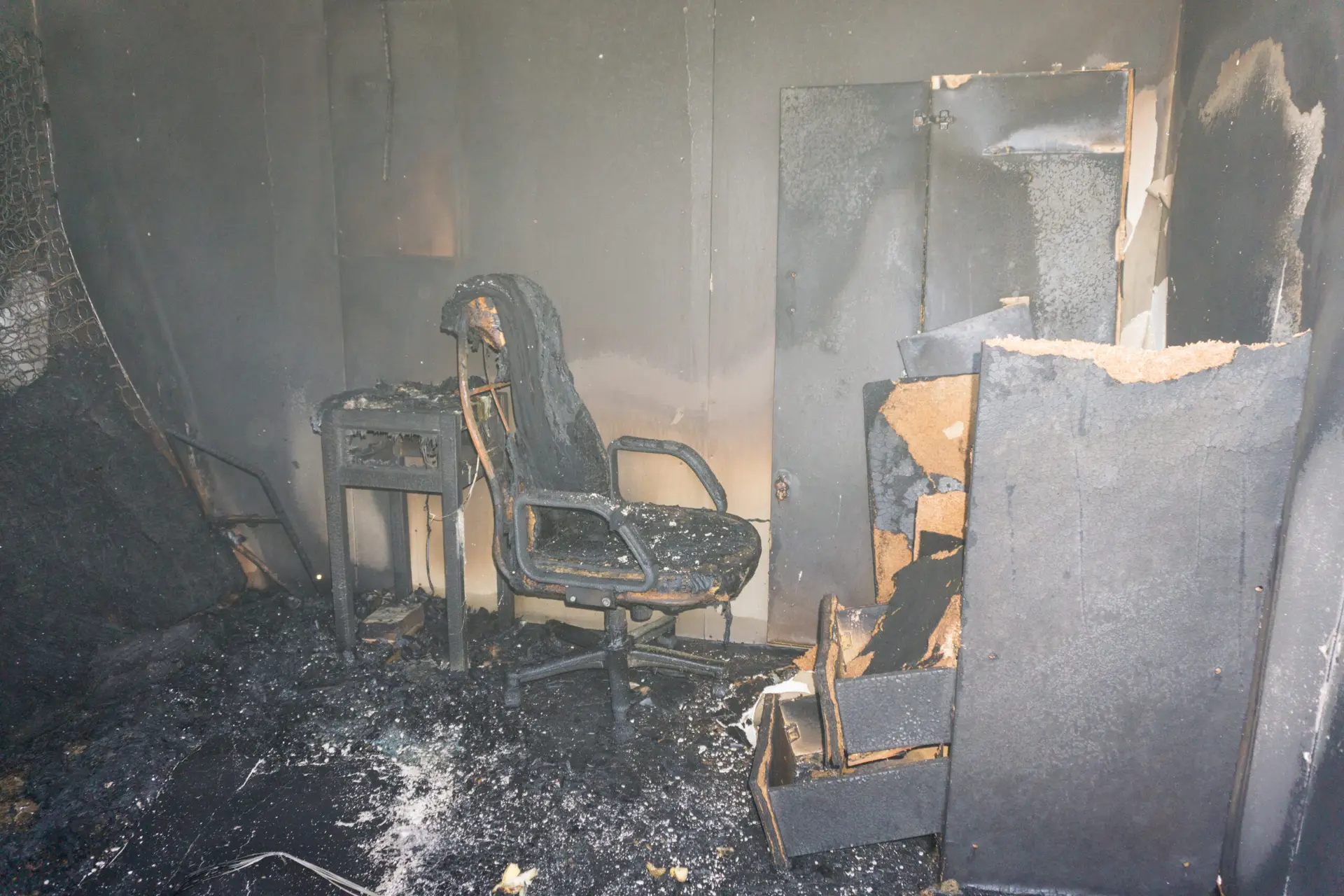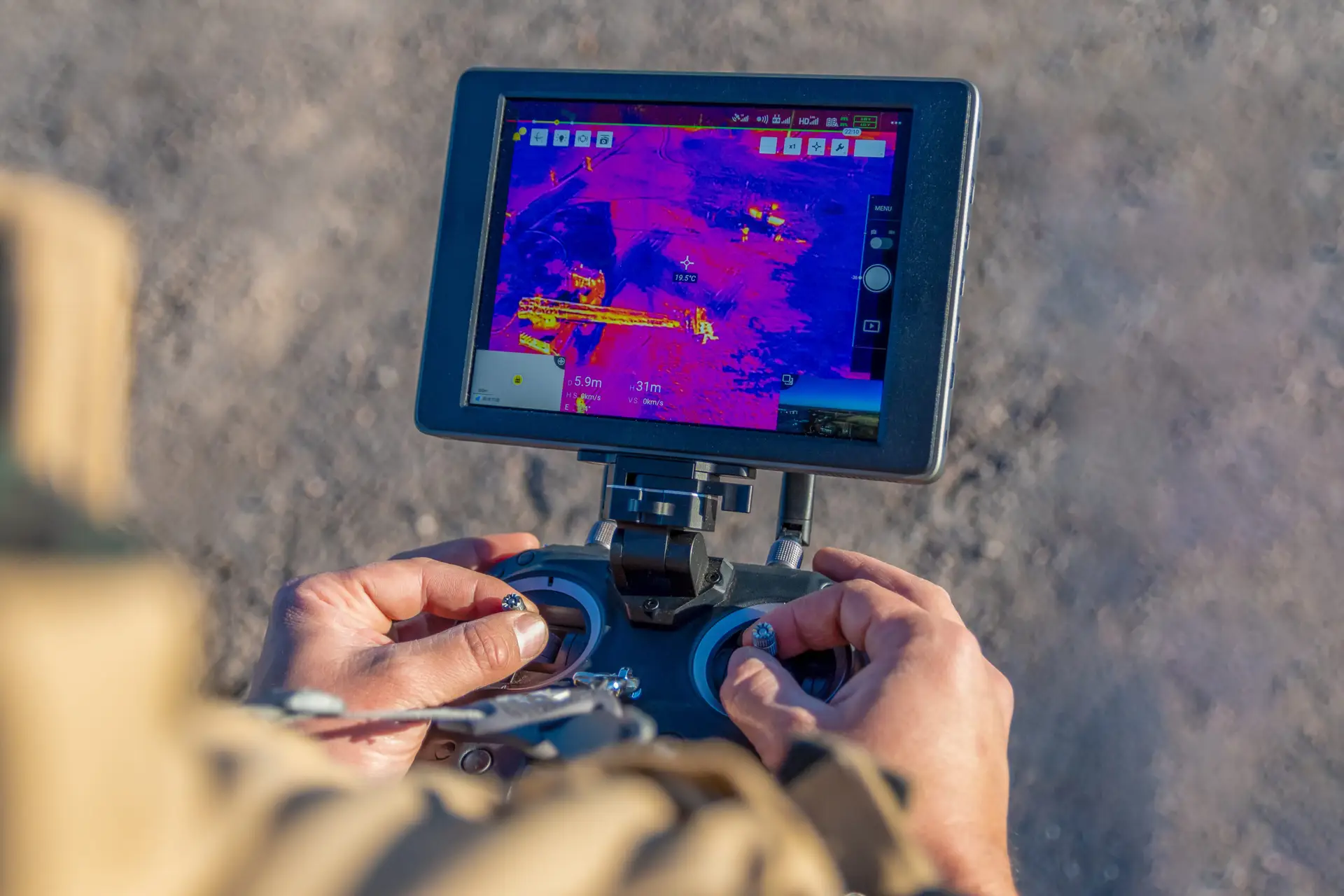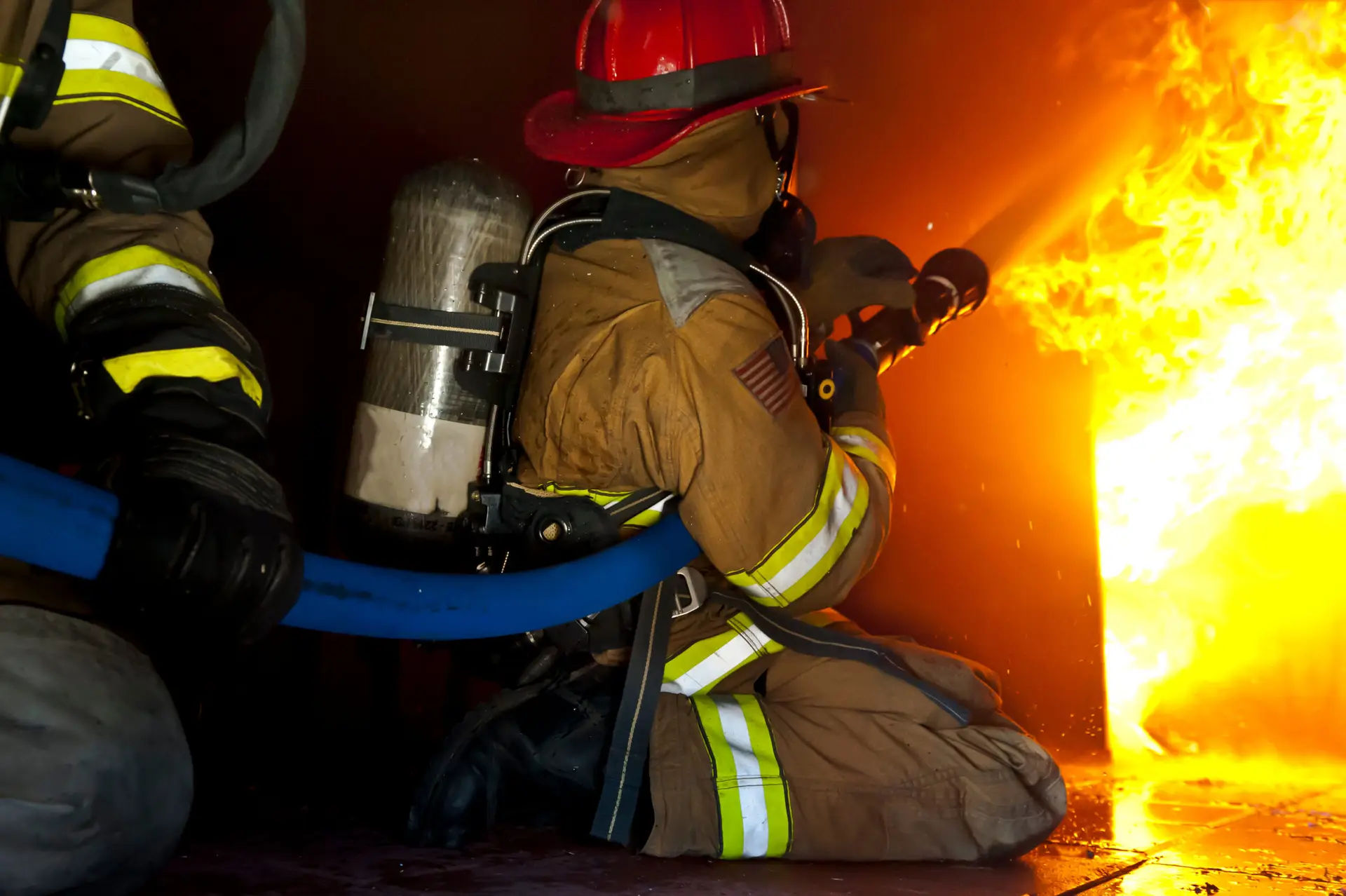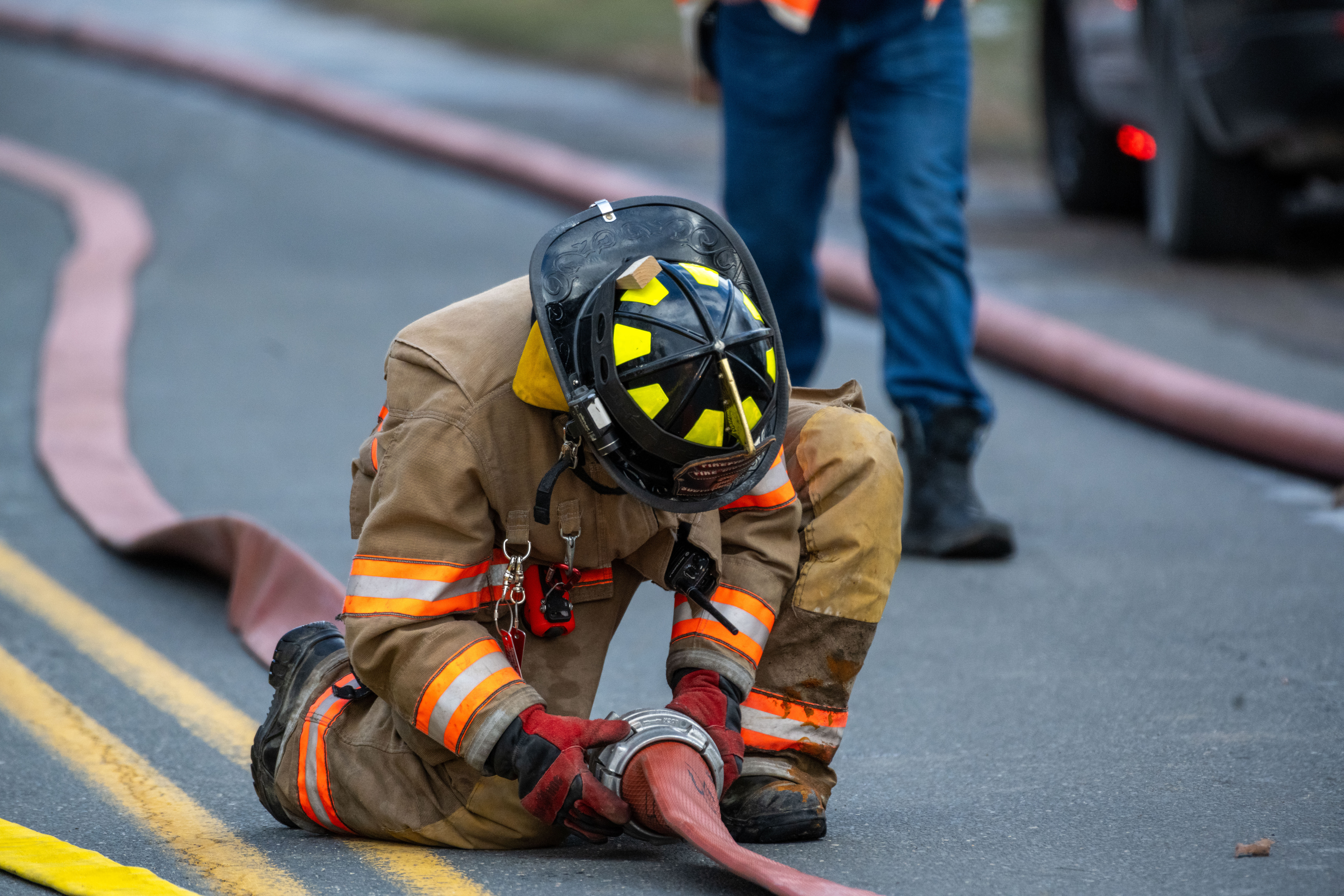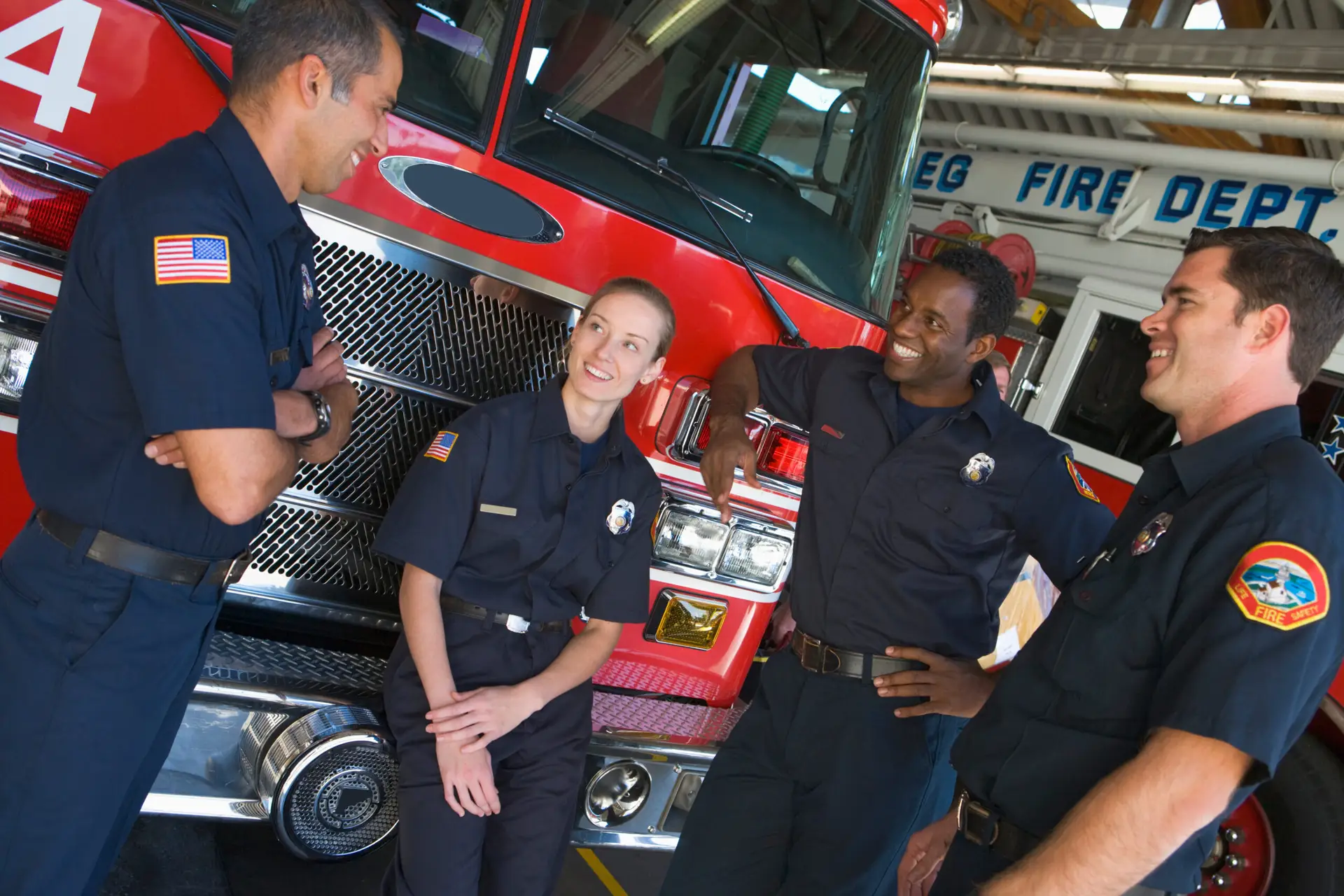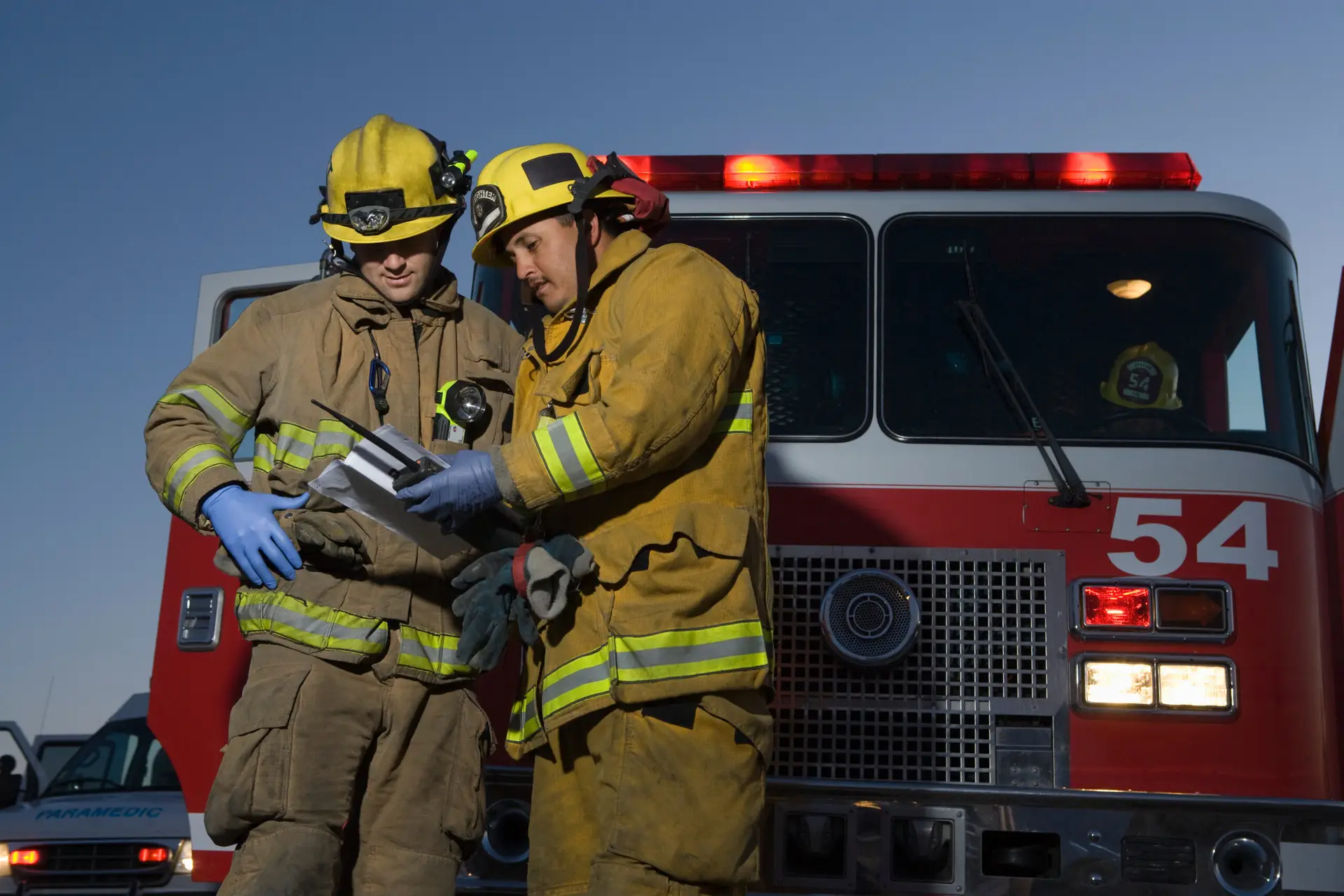Evolving Health Practices
Develop and implement national standards for training, qualifications, and certification (including regular recertification) that are equally applicable to all firefighters based on the duties they are expected to perform.
Related Pillar and Perspective:
- Health and Wellness
- Practices and Standards
Inside the New Firefighter Life Safety Initiative 5
Combines these original initiatives:
- Investigations
- Medical and Fitness Standards
Action-Steps for Firefighters & Fire Officers
For Firefighters
- Action Item #1
- Action Item #2
- Action Item #3
For Company Officers
- Action Item #1
- Action Item #2
- Action Item #3
For Chief Officers
- Action Item #1
- Action Item #2
- Action Item #3
Credit Hours: 1 Hour
Learn how the 16 Firefighter Life Safety Initiatives is an integral part of reducing firefighter fatalities and injuries.
Credit Hours: 1 Hour
Discover how a balanced approach of leadership can help prevent firefighter fatalities and injuries with practical and specific tips.
Credit Hours: 1 Hour
View an unscripted roundtable discussion between five fire service leaders about creating change in the fire service and leading a culture of safety. Topics discussed include: making safety a priority, handling resistance, fostering an environment of trust and risk mitigation.
Credit Hours: 1 Hour
Review the benefits of automatic fire sprinkler and alarm systems to firefighter health and safety and evaluate a set of core principles to guide a firefighter’s interaction with these systems.
Credit Hours: 1 Hour
This module discusses the unique characteristics of wildland fire responses, the known hazard categories and safety practices that mitigate these hazards, and how to practice effective risk management.
Credit Hours: 1 Hour
Firefighters must understand how sprinkler systems work to pre-plan fire response and to use sprinklers effectively during a fire incident. This self-paced program demonstrates the advantages of automatic sprinkler systems, then describes how they work and what components they contain.
Credit Hours: 1 Hour
Fire officers and firefighters must understand how to interact with automatic sprinkler systems to save lives and protect property, and this self-paced program outlines the critical initial actions required upon arrival at a property with an activated sprinkler system to ensure effective incident management and system restoration.
Credit Hours: 1 Hour
This module explores factors influencing training safety and recommended practices to reduce firefighter deaths and injuries, covering department culture, training design and administration, facilities, instructor requirements, safety officer roles, student needs, and safety practices.
Credit Hours: 2 Hours
This program introduces Top-Loading Automatic Storage and Retrieval Systems (TL-ASRS) and their impact on warehouse operations, detailing their functionality, associated fire hazards, fire protection systems, preplanning for responses, and fire department operations at TL-ASRS facilities.
Credit Hours: 1 Hour
Sprinklered buildings sometimes still burn for many reasons, including design deficiencies and impairment to the sprinkler system that occurs either prior to or during the fire. In this self-paced program, you will learn why sprinklered buildings burn and how these causes can be mitigated.
Credit Hours: 1 Hours
This program introduces fire service personnel to carbon monoxide: scientific properties, sources, detection, effects on the human body, exposures to firefighters, and exposure mitigation strategies. The module provides critical, concrete, accurate information and best practices you can use immediately to reduce your CO exposure and protect yourself and your colleagues from injury and death.
Credit Hours: 1 Hour
Leading in Times of Challenge is a conversation between fire service leaders about the challenges departments face today, understanding the factors at play, and addressing the challenges with creative solutions. Session 1 covers communication, interpersonal relationships, a culture of health and safety, and leadership development.
